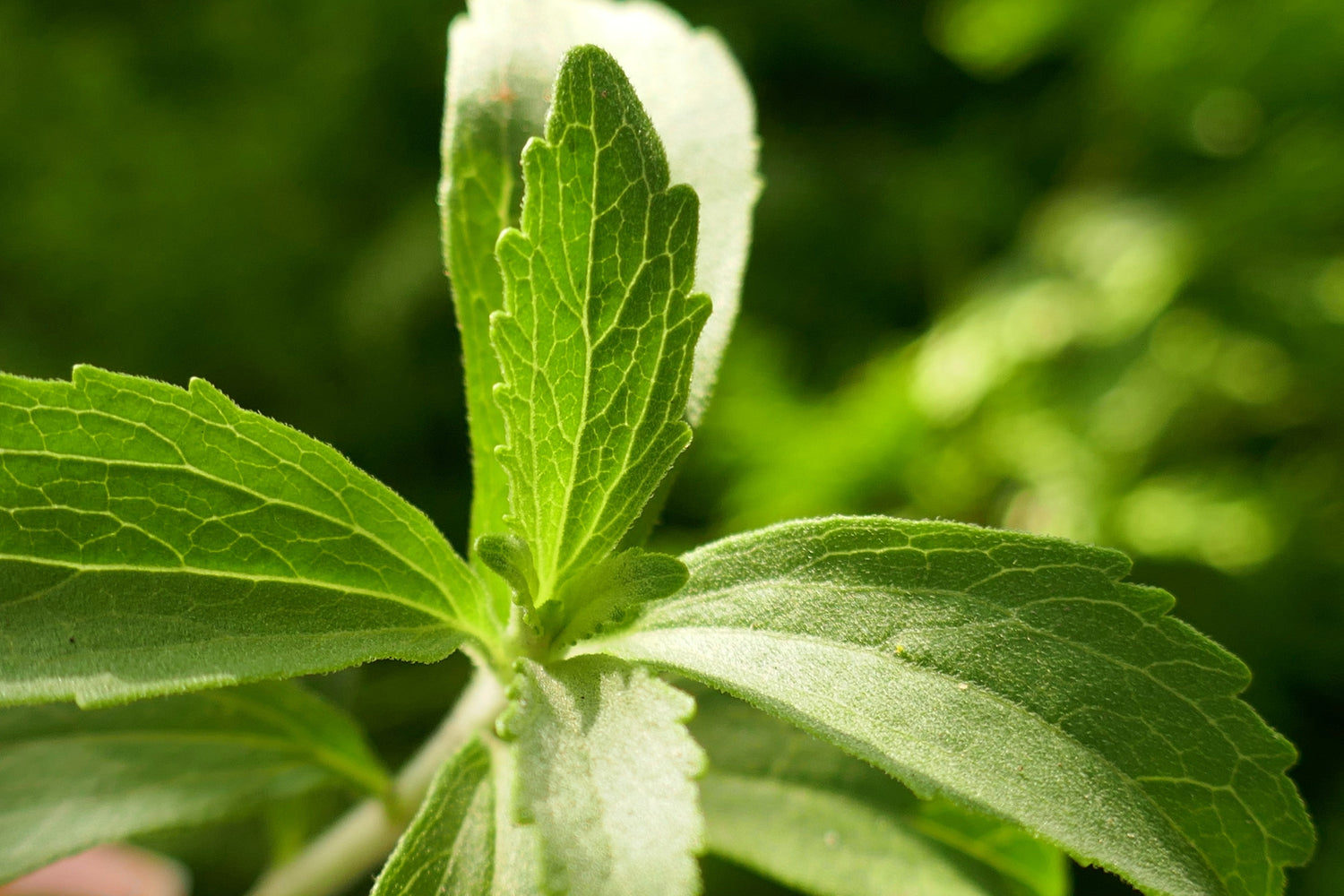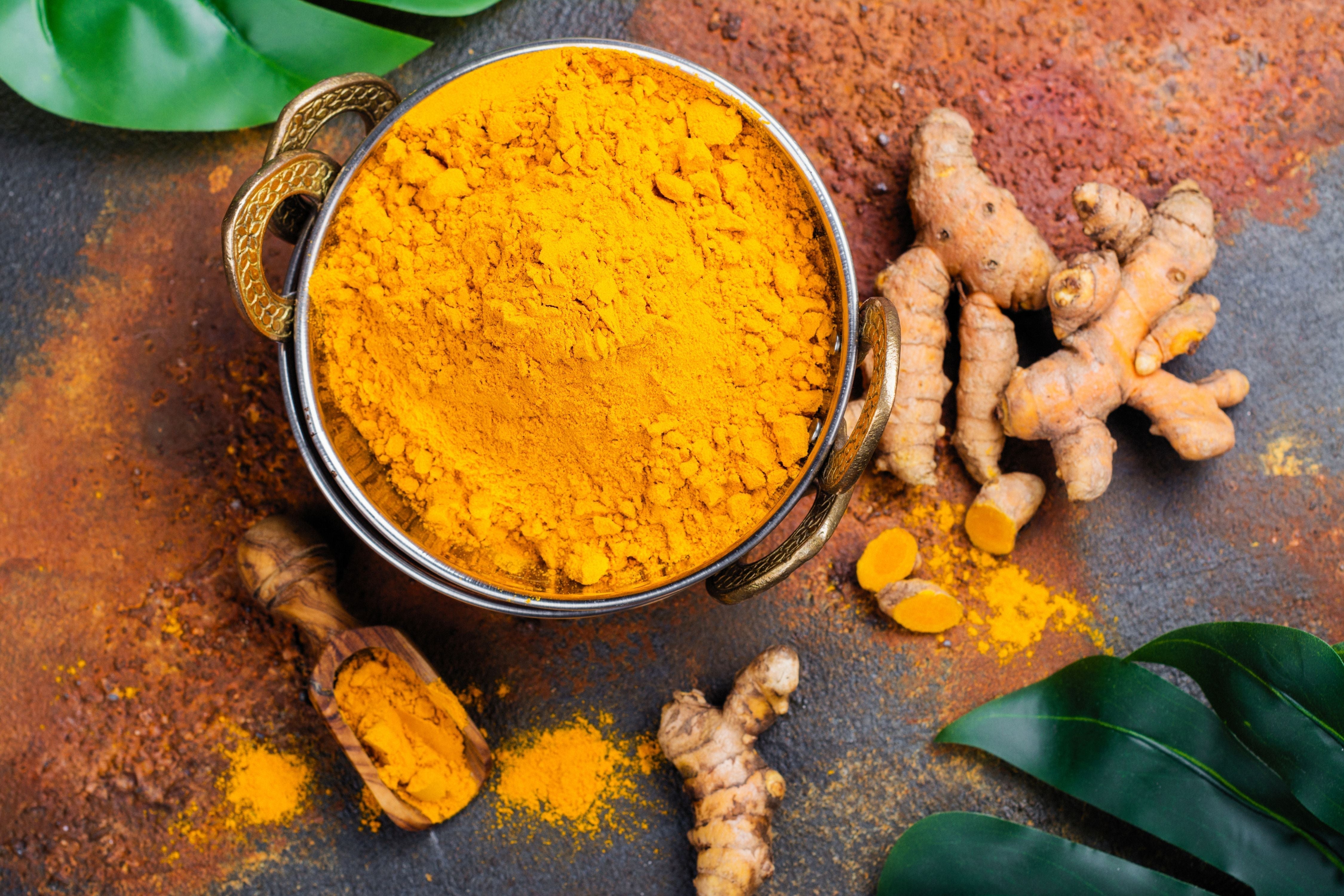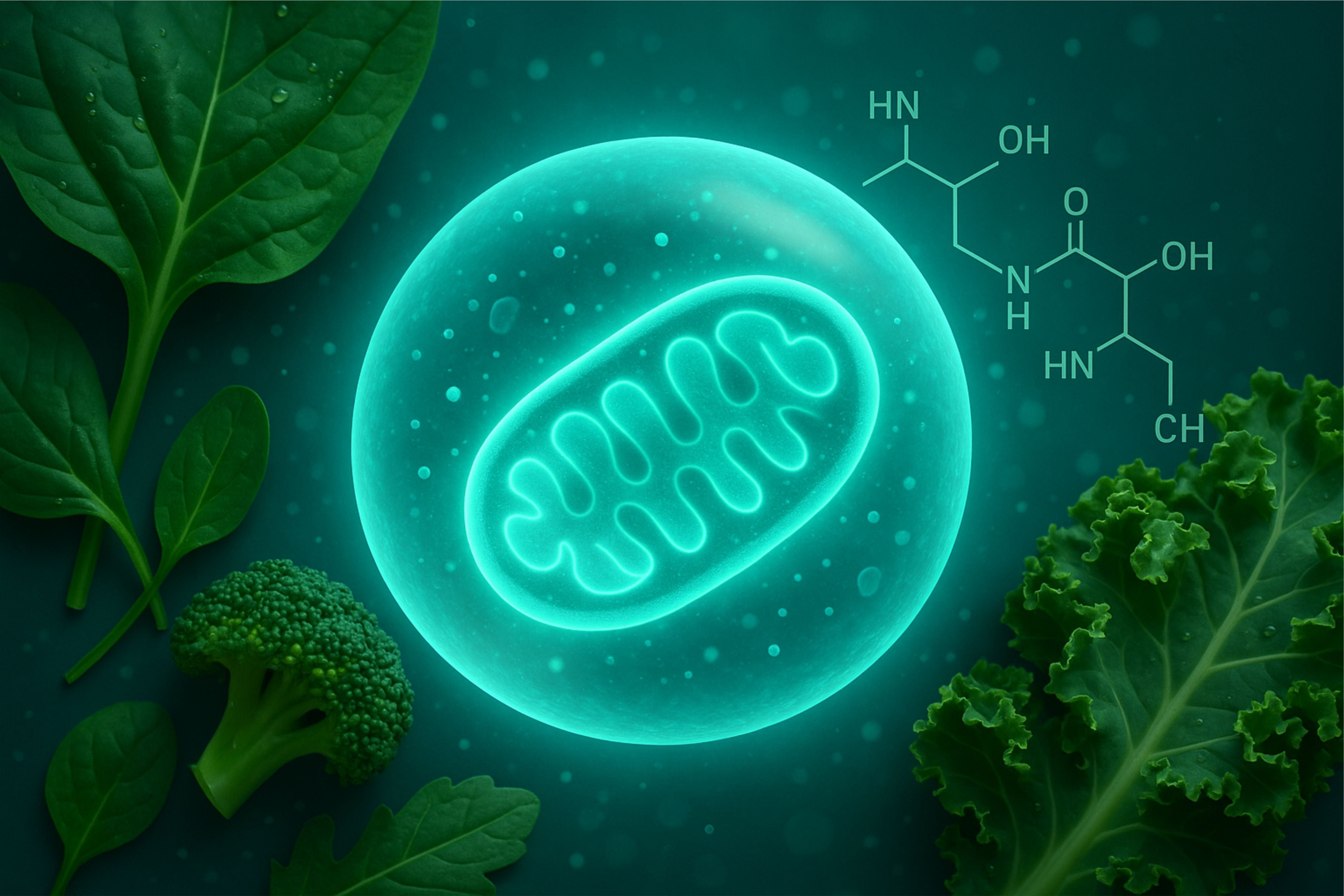By Dr. Brandon Johnson DC, CCSP® -Doctor of Chiropractic [Co-Founder of Voli]
As a Certified Chiropractic Sports Physician and Co-founder of Voli, I’ve spent years diving deep into the world of health and nutrition. Through formal training and years working with athletes and patients, I’ve explored nearly every angle of diet and wellness—including the ongoing debate around low-calorie sweeteners.
People often ask me, “Which sweetener is the best?” From sucralose and aspartame to monk fruit and allulose, there are plenty of options. But I keep coming back to one: stevia. It’s backed by the most peer-reviewed research, fits cleanly into multiple lifestyles (low-carb, paleo, keto), and offers real health advantages without the downside of sugar.
What Is Stevia, and Why Does It Matter?
Stevia is a natural, zero-calorie sweetener derived from the Stevia rebaudiana plant, native to South America. It’s been used for centuries to sweeten teas and manage blood sugar.
Its sweetness comes from steviol glycosides, compounds 50 to 400 times sweeter than sugar—but with no caloric load. That’s a game-changer for anyone managing blood sugar, weight, or general wellness.
The Health Benefits of Stevia
Modern research suggests stevia may help regulate blood sugar by improving insulin function and lowering post-meal glucose spikes. It’s not a miracle cure for diabetes, but it’s a smart alternative for those looking to maintain metabolic health.
Stevia also has environmental advantages. Compared to cane sugar, stevia production emits 64% less carbon and uses 95% less water. The potential impact on both personal health and planetary health is massive.
Safety First: What the Science Says
High-purity stevia extracts have earned the GRAS (Generally Recognized As Safe) status from the FDA, based on over 200 studies. The Acceptable Daily Intake is 4mg per kilogram of body weight—much more than you’d typically consume in a day.
Concerns about hormones, gut health, or blood pressure don’t hold up to scrutiny. While some people report mild bloating, these cases are rare and often psychological (the “nocebo effect”). From what I’ve seen in practice, stevia is a reliable, low-risk choice.
Why Extraction Matters
Stevia’s benefits depend on how it’s extracted. Some companies use harsh chemicals like methanol or butane to boost yield—this can compromise quality and leave residues.
At Voli, we only use natural, water-based extraction methods, similar to steeping tea. This process preserves the plant’s integrity and avoids synthetic solvents. It’s less cost-effective, but much more in line with how health products should be made.
When choosing stevia, look for brands that prioritize natural extraction. It’s a small detail that makes a big difference.
Stevia in Practice
I use stevia personally and recommend it to patients. It’s great in smoothies, coffee, and post-workout shakes—anytime you want sweetness without the sugar crash.
Sugar spikes can hurt recovery and performance. Stevia avoids that, and thanks to its antioxidant profile, may even help manage inflammation—something I constantly monitor in athletes.
Final Thoughts
Stevia isn’t just a sugar substitute—it’s a smarter way to sweeten. With strong science, a clean safety record, and real environmental advantages, it checks all the boxes for people who want better health without compromise.
Just remember: not all stevia is created equal. Always choose naturally extracted, high-quality options.
Dr. Brandon Johnson DC, CCSP®
Chiropractor, Certified Chiropractic Sports Physician, and Co-founder of Voli
With advanced training in sports nutrition, biochemical nutrition, and supplementation, Dr. Johnson is committed to helping people optimize their health using natural, research-backed tools.



Leave a comment
All comments are moderated before being published.
This site is protected by hCaptcha and the hCaptcha Privacy Policy and Terms of Service apply.